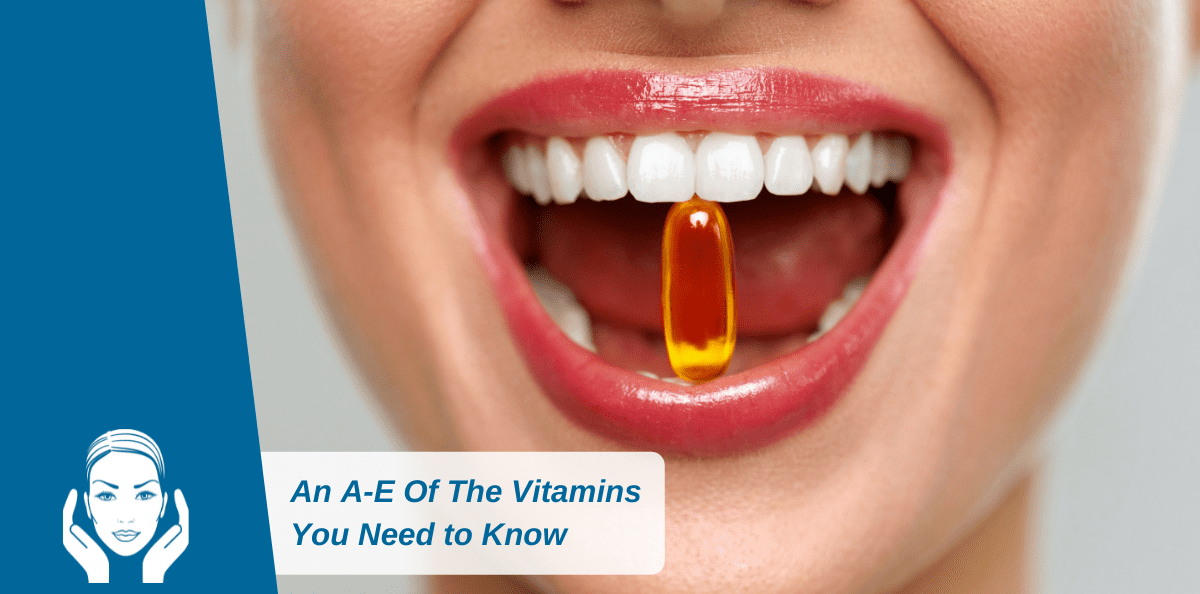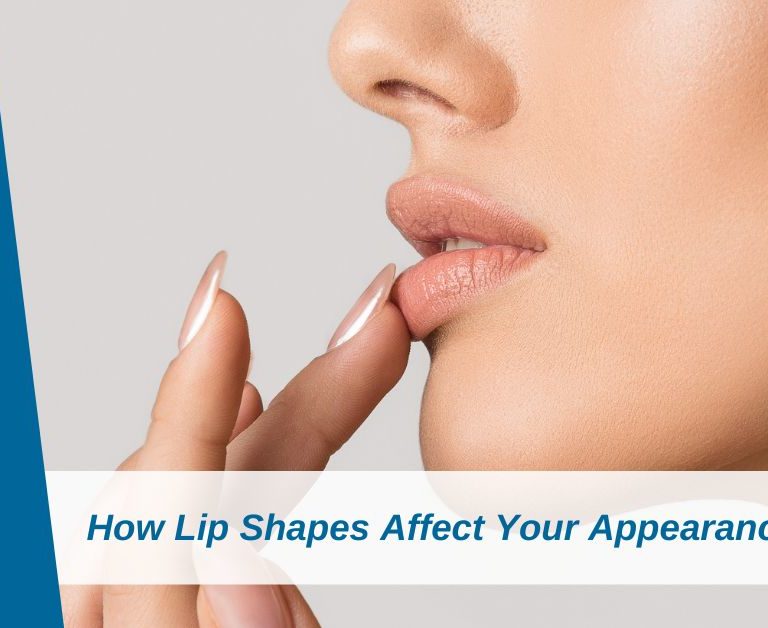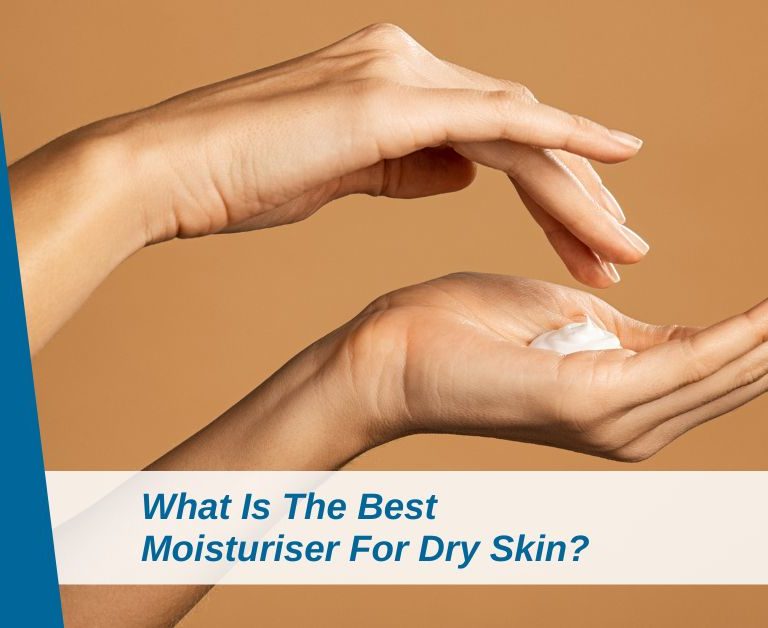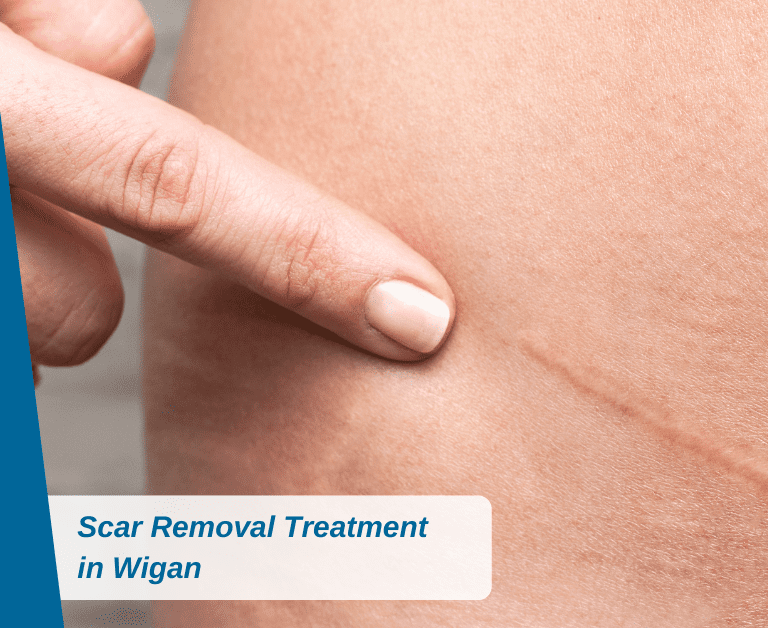Vitamins Explained: An A-E Of The Vitamins You Need to Know
We all know that our bodies need a mix of vitamins in order to remain in tip-top condition, so we try our best to eat our 5 a day and maybe take a multivitamin in the morning. Maintaining a healthy, varied diet will benefit our body and skin but, ultimately, it’s the topical application of vitamins that will benefit our skin the most.
Why’s that, you ask? Allow us to explain.
The skin is part of the integumentary system. This includes pretty much everything that’s outside the body: the hair, the skin, the nails. We tend to care quite a lot about the integumentary system, even if the rest of our body doesn’t quite share the same passion.
When we ingest vitamins, whether through our food or in pill form, they’re absorbed into our bloodstream and transported around the body. They mainly get sent to our internal organs and then any leftovers go to the integumentary system.
We can’t exactly blame our bodies for deciding where to distribute these valuable vitamins but, by the time they make it to our skin, there’s not too much left of them. This doesn’t mean you can’t lend your largest organ a helping hand. You can apply vitamins to it topically.
Struggling to work out where to start? You’re in luck – we’ve put together an A-E of all the vitamins you need to know.
Vitamin A
You’ve probably heard of vitamin A, but it often goes by another name. If you’re aware of retinol or retinoids, then you’re already acquainted with vitamin A! It’s one of the vitamins you need to know about but is often overlooked.
As it has anti-inflammatory properties, vitamin A is ideal for those with active acne. It also helps to speed up cell turnover which, in turn, reduces clogged pores and spots. If you suffer from active acne and scarring, vitamin A is definitely one to consider.
It’s also a powerhouse when it comes to its anti-ageing benefits. Applied topically, vitamin A stimulates collagen production which effectively diminishes fine lines and wrinkles.
We spoke briefly about vitamin A and where to use it in your skincare routine in one of our recent blog posts, so please check this out here.
Vitamin B(3)
Niacinamide is a water-soluble form of vitamin B3 that strengthens the skin and is commonly used in skincare products. Be careful not to confuse this with niacin, which is another form of vitamin B3 altogether.
Niacinamide helps to repair the skin’s natural barrier – our first line of defence against environmental stressors such as UV radiation and pollution. Regular exposure to these things can make the skin appear dull and aged. As well as supporting the skin barrier, niacinamide also tightens pores, improves the appearance of dull skin and evens out skin tone.
Recent studies have even shown that niacinamide is incredibly powerful when it comes to repairing damaged DNA. It does this by speaking to different kinds of skin cells and helping them to act younger and much more efficiently!
The takeaway? Niacinamide is a skin-whisperer and is much more exciting than it sounds! As it helps to increase cell turnover, those with acne scarring often use niacinamide to minimise scarring over a prolonged period of time.
Vitamin C
One of the main vitamins you need to know is vitamin C! It is the very best when it comes to brightening the skin. If you’re looking for a healthy glow, this is probably what you’re going to turn to first. It’s hydrating, helps to fade pigmentation and is perfect for achieving that radiant glow.
Because it’s an antioxidant, vitamin C protects the skin from sun damage. Sun damage is caused by molecules called free radicals, which are atoms with a missing electron. Free radicals search for other atoms they can steal electrons from – a process that leads to sun damage.
It goes without saying that you should always wear SPF, as vitamin C alone won’t save your skin from the sun’s rays. Just make sure you don’t put your vitamin C serum on and make a sudden dash to the front door! Sunlight makes it less effective if it hasn’t had the chance to sink in properly.
Try not to use vitamin A and C at the same time, as they don’t work particularly well together. However, if you choose to do so, you can use vitamin C in the morning and vitamin A at night to minimise any potential damage to your skin.
Conversely, vitamin C and vitamin E get on like a house on fire, so if you’re already thinking about bringing a vitamin C product to your bathroom cabinet, you might want to save a space next to it. Any vitamin C products should ideally be kept out of direct sunlight. This will safeguard against oxidation, a process which will make it less effective. If your product has oxidised, it’ll become orange or brown as opposed to a straw-like colour – that’s when you know it’s time to replace it.
Vitamin D
As we all know, vitamin D is produced by our skin in response to sunlight. However, sitting in the sun without proper protection will eventually cause long-term damage to the skin.
Fortunately, vitamin D is another antioxidant that, when applied topically, helps to fight damage from free radicals.
All skin types benefit from vitamin D, particularly oily skin, as it has antimicrobial properties which have the potential to keep spots under control. If your spots persist and it doesn’t seem as though your skincare products are quite doing the trick anymore, it might be time to speak to a professional.
Vitamin E
We spoke about vitamin E earlier in relation to vitamin C, because they really do work well together. On its own, vitamin C is an unstable molecule and vitamin E helps to stabilise it. Combining the two provides even more protection against free radicals and the damage that can be caused by them.
But that’s not all it’s good for! Vitamin E is also incredibly hydrating and has been known to work as an anti-inflammatory after UV exposure. As a result of this, it can also be used to provide temporary relief from allergies that may have made the skin itchy, as well as from eczema.
Temporary is the keyword here. Any skin conditions you have need to be treated at the source but, if your symptoms are mild, you might be able to avoid prescription treatments. Pure vitamin E oil and the products that contain it are effective for treating dry, flaky skin if you suffer from these things too.
North West Aesthetics
At North West Aesthetics, we’re happy to answer any questions you have regarding the vitamins you need to know about. If you’re worried about existing sun damage and think you’ll need some extra help, feel free to get in touch.
Visit our website, email enquiries@northwestaesthetics.co.uk or call us on 01942 909 003 today to find out how we can help you.



